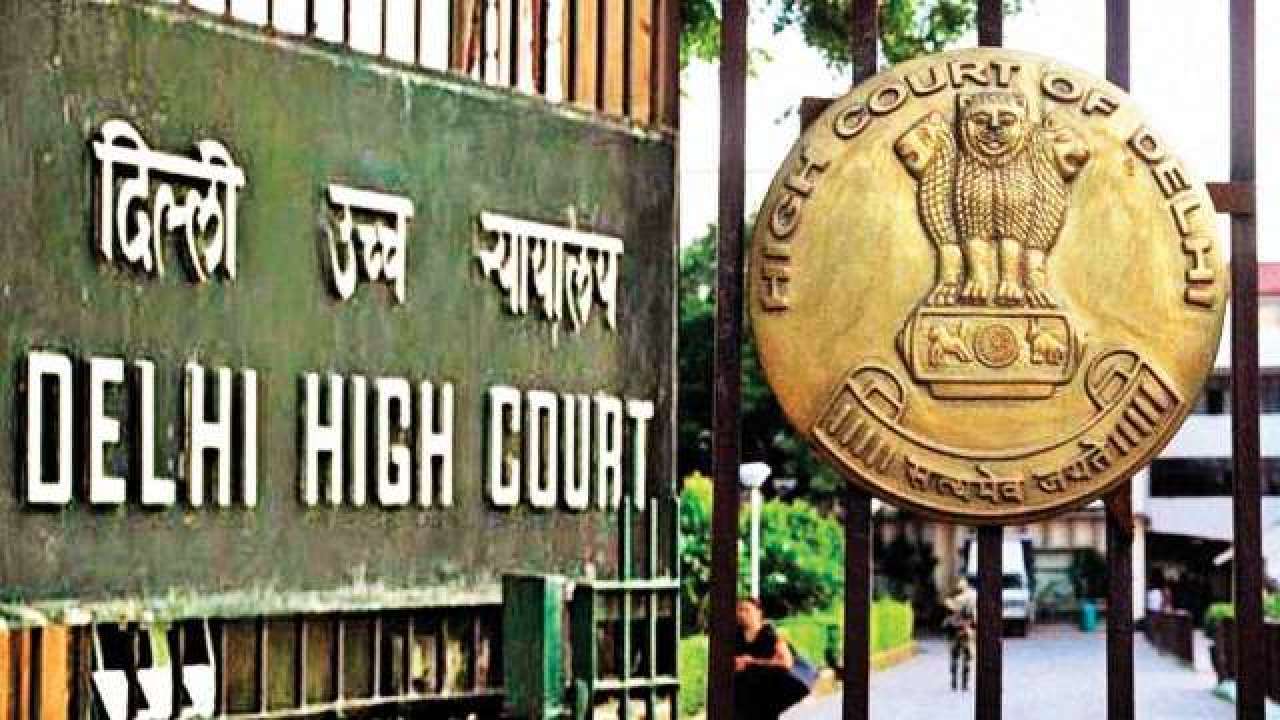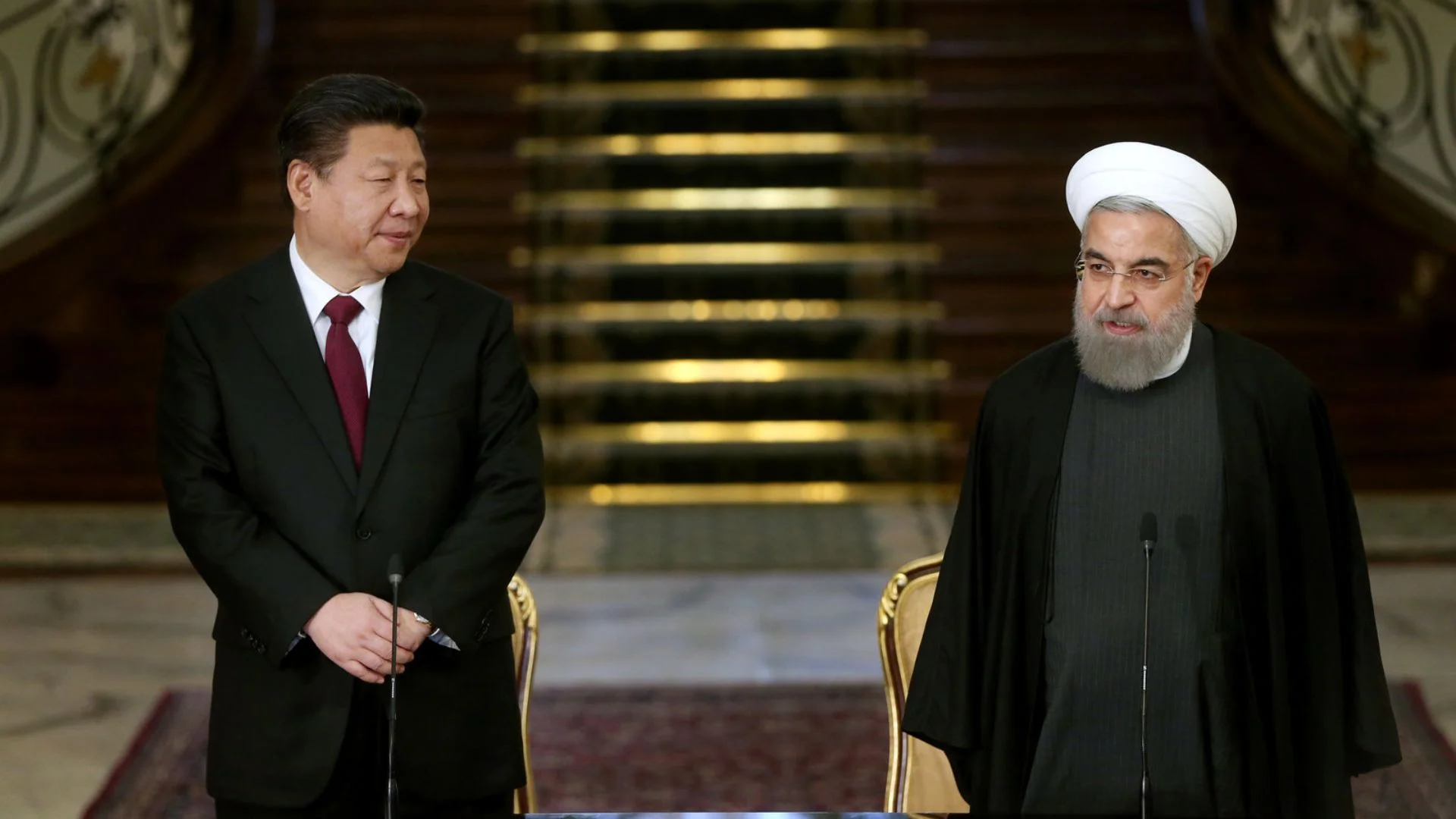The Ministry of Home Affairs (MHA) has informed the Delhi High Court that records related to lawful interception are highly classified documents, and minimal data is maintained for such classified information.
This response comes in connection with a petition seeking disclosure of state-sponsored electronic surveillance information under the Right to Information (RTI) Act.
The union ministry, while seeking the dismissal of the petition, stated that the Cyber and Information Security (CIS) Division does not maintain statistical data concerning lawful interception and monitoring, as such records are not necessary for functional purposes. It further explained that these records are destroyed every six months by the MHA after a review by the review committee, provided they are not needed for any functional requirement.
The MHA clarified that lawful interception and monitoring are carried out by authorized law enforcement agencies with the required permission from the competent authority, primarily in the interest of the country’s sovereignty and integrity, state security, public order, or the prevention of an offense, as per legal provisions.
The petitioner, Apar Gupta, co-founder and executive director of the Internet Freedom Foundation (IFF), had filed RTI applications in December 2018 seeking details on the number of orders passed under Section 69 of the Information Technology Act, granting permission for electronic surveillance during a specific period.
The ministry’s affidavit also mentioned that monthly reports containing sensitive information about ongoing investigations and operations, for which authorization is sought under the law, are submitted to the competent authority by authorized security and law enforcement agencies.
The matter is scheduled for further hearing on October 16, 2023.
Gupta’s petition challenges a Central Information Commission (CIC) order that refused to direct the disclosure of certain data related to state-sponsored electronic surveillance.
Gupta’s counsel had previously clarified that they were only seeking statistical data on the frequency of interceptions and nothing more. The petition highlights the absence of rules or practices for preserving information sought in RTI proceedings, and it seeks guidelines and directions to prevent the destruction of such information during the pendency of RTI proceedings.

















